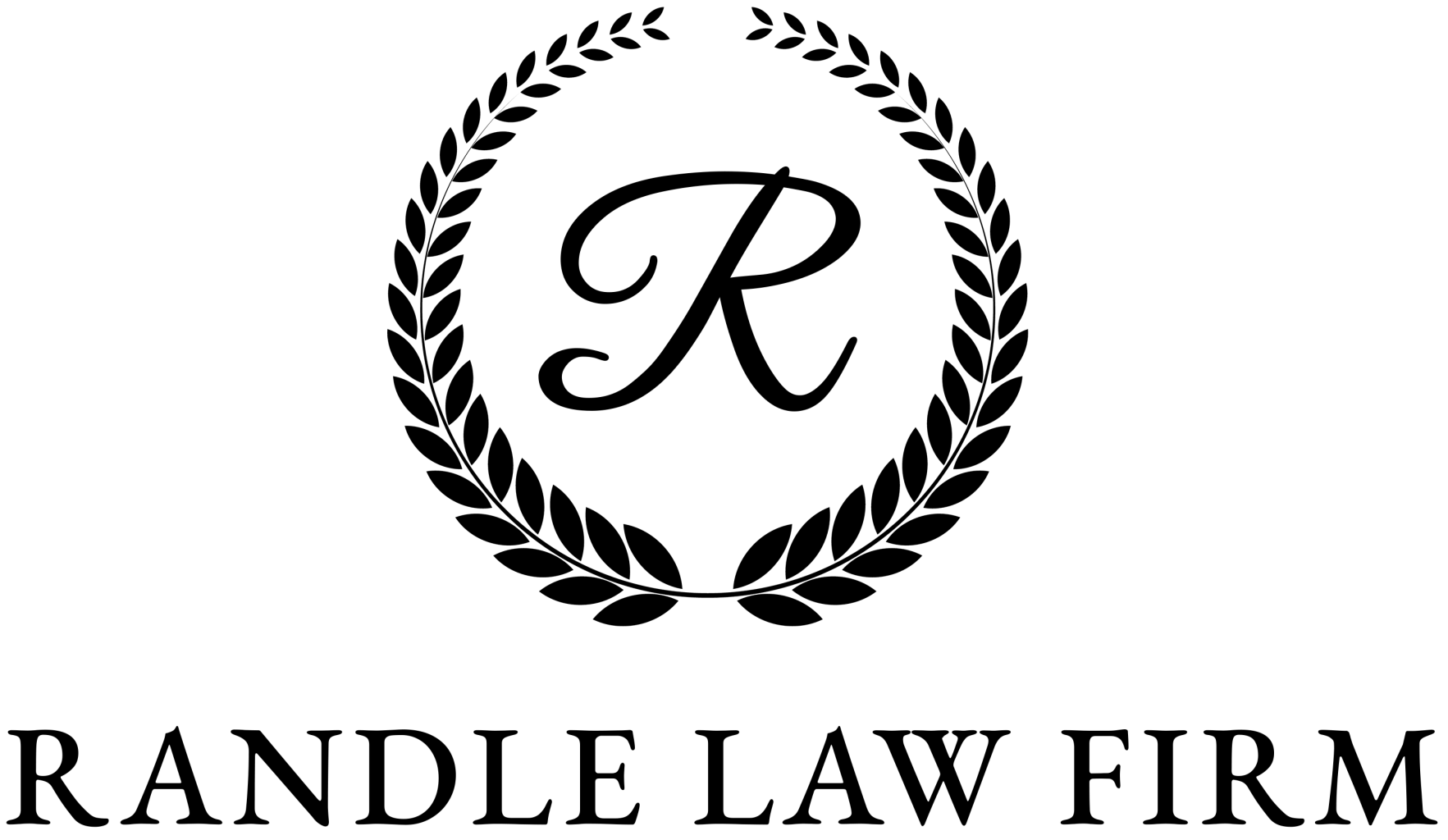Location:
8898 Old Lee Hwy
Suite 106
Ooltewah, TN 37363
Email: april@aprilrandlelaw.com
Phone: 423-521-8000
Fax: 423-521-8001
What You Need to Know About Reverse Mortgages
What You Need to Know About Reverse Mortgages
Though the economy has been worse, we still live in troubling times when money can be hard to come by and debt can easily be acquired and increased. This reality is especially prevalent among senior citizens. Ideally, we’d like to live in a world where health risks are at a minimum throughout our lives. Sadly, the truth is that we are more likely to face health problems the older we get. An increase in health risks also increases medical expenses, whether they are for medication, doctor visits, surgeries, procedures, tests, etc. This is just one scenario in which you might need an extra source of money or income. Some senior citizens that have found themselves in such a predicament have turned to a reverse mortgage.
A reverse mortgage is an option for individuals or couples, typically 62 years and older, to take money from their home equity without having to sell their home. This money can be used for expenses such as medical bills, property taxes and other living expenses. The owner can receive either a lump sum or monthly payments based on the appraised value of the home. Sometimes, no lump sum is offered; however, a reverse mortgage will eliminate a monthly mortgage payment while you and/or your spouse who is over 62 lives in the home. It is an attractive offer for many people looking to bring in some extra money, BUT the reverse mortgage definitely has its risks.
Some of the risks that accompany a reverse mortgage include:
- Can affect Medicaid eligibility
- Origination fees and closing costs are generally more expensive that traditional mortgage loans
- Interest accrues over time, increasing debt since no payments are typically made
- As your equity is used up, there are fewer assets for your loved ones to inherit
- The interest is not tax deductible until the loan has been paid off
- The owner is still responsible for property taxes, home maintenance, insurance, and other home expenses
- The loan becomes due when the owner dies, sells, or breaks the terms of the loan
- If the owner dies before paying off the loan, the debt can be passed on to the next of kin should they desire to retain the property
There are many experts that argue the pros and cons of a reverse mortgage. One thing that nearly all agree with is that you must do your homework.
At April Randle Law, we can provide you with assistance in determining what your best course of action is. If you are over the age of 62 and you have equity in your home and bills that need attention, call us today at 423-521-8000 to schedule an appointment where you can discuss your financial solutions.




I definitely recommend Mrs. Randle for your needs requiring an attorney.
-Tasha L.
MashIt
Extremely kind, straight forward and helpful. Looking forward to working with her and her law firm.
-Rebekah C.
FabuFit
Friendly, confidential, personalized service, and exceptional rates make April's firm an excellent choice for your legal needs 10/10!
-D. W.
YesSuits-

Awesome people to work with! Go above and beyond. Very responsive and very efficient.
- Chris
Button 
April and her staff are wonderful. When we needed some help with our business and understanding the laws in regards to business she was amazing and helped us so much!
-Marcie
Button-

April is too real to be a lawyer.
-Danny
Button 

Slide title
 Button
Button Button
Button Button
Button
In Person Office Visits - By Appointment Only
8898 Old Lee Hwy
Suite 106
Ooltewah, TN 37363
Communications Preferences
office@aprilrandlelaw.com or april@aprilrandlelaw.com
Voicemail:
423.521-8000*
*Phone calls are intercepted by voicemail which is transcribed and forwarded to our email inboxes. We return phone calls in blocks of time, which we have found to be more efficient
If you are new to our office, please use our initial contact form above to schedule an appointment or request information.
Active Clients - You may contact us by email or leave a voicemail.
Law Office of April Randle, PLLC. All Rights Reserved.










